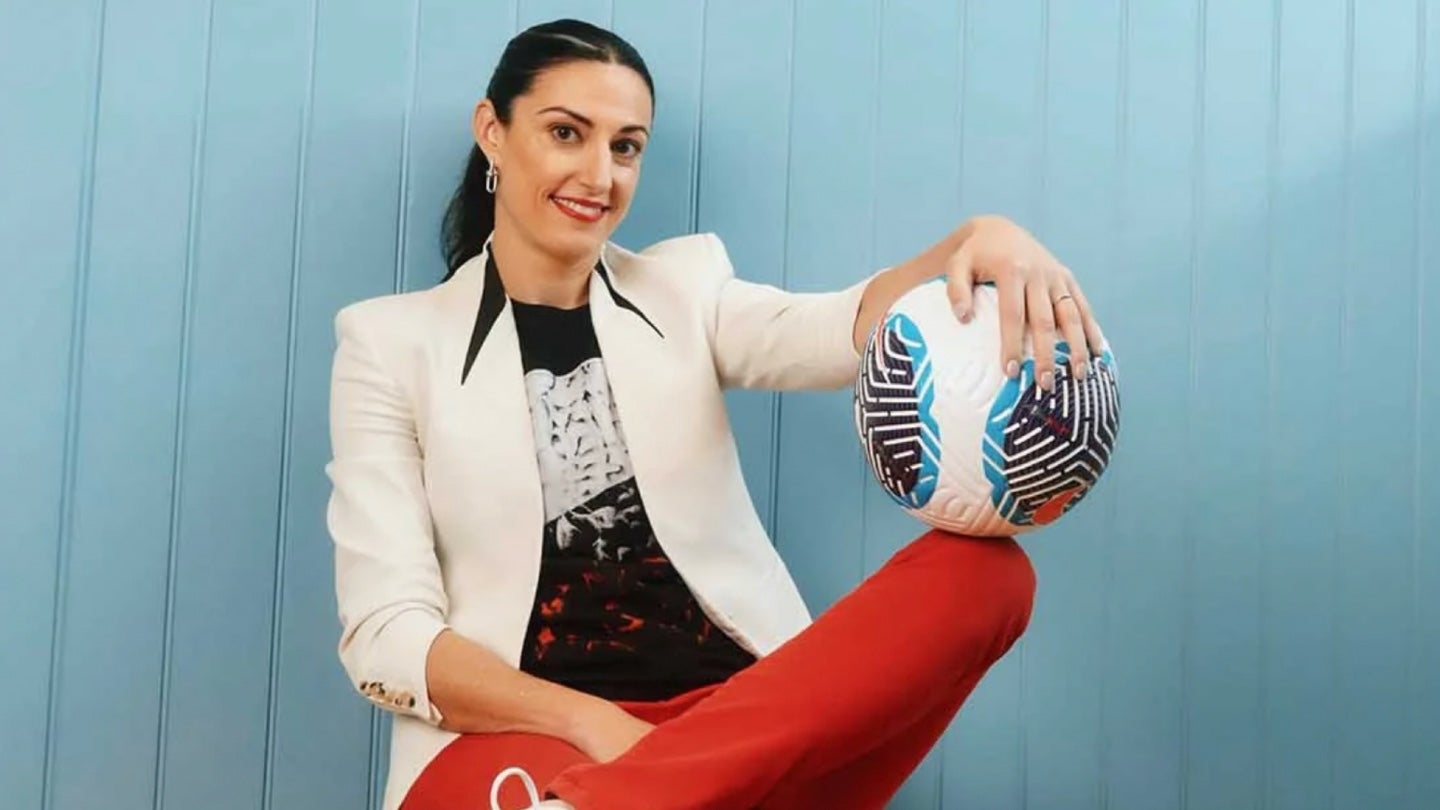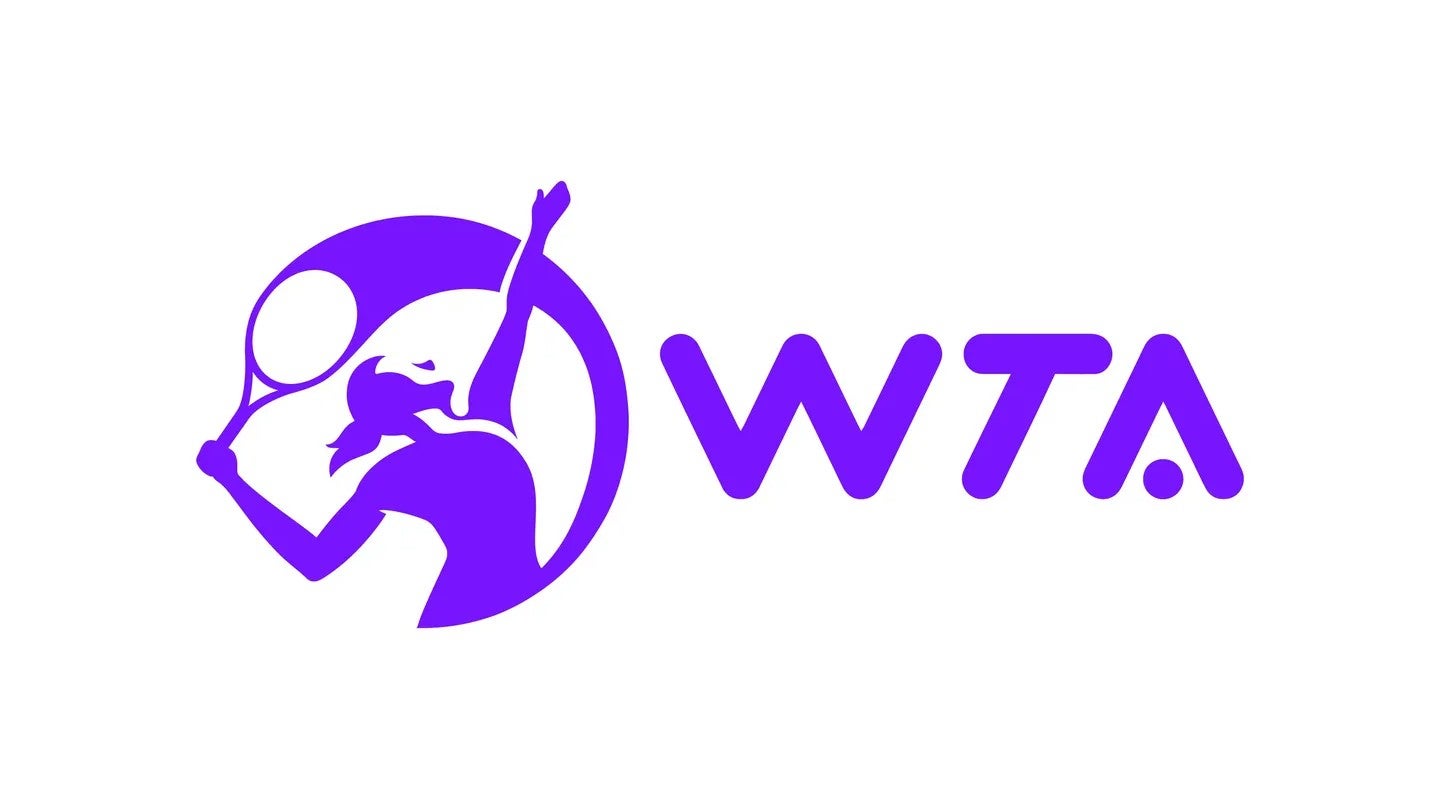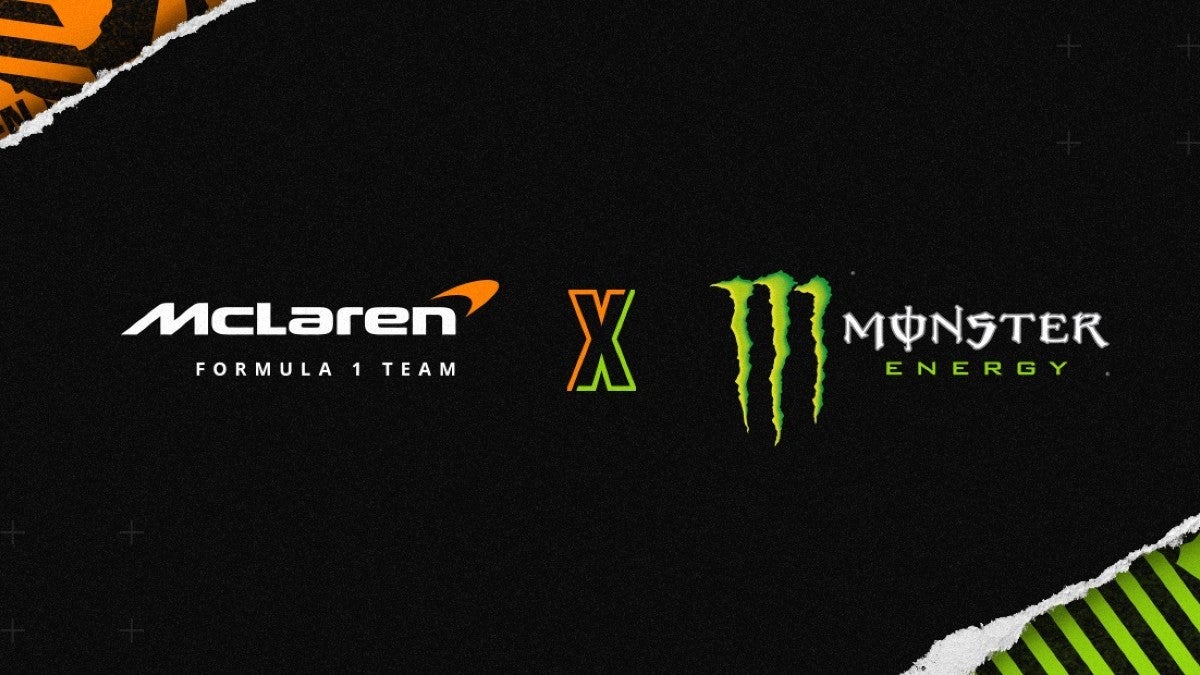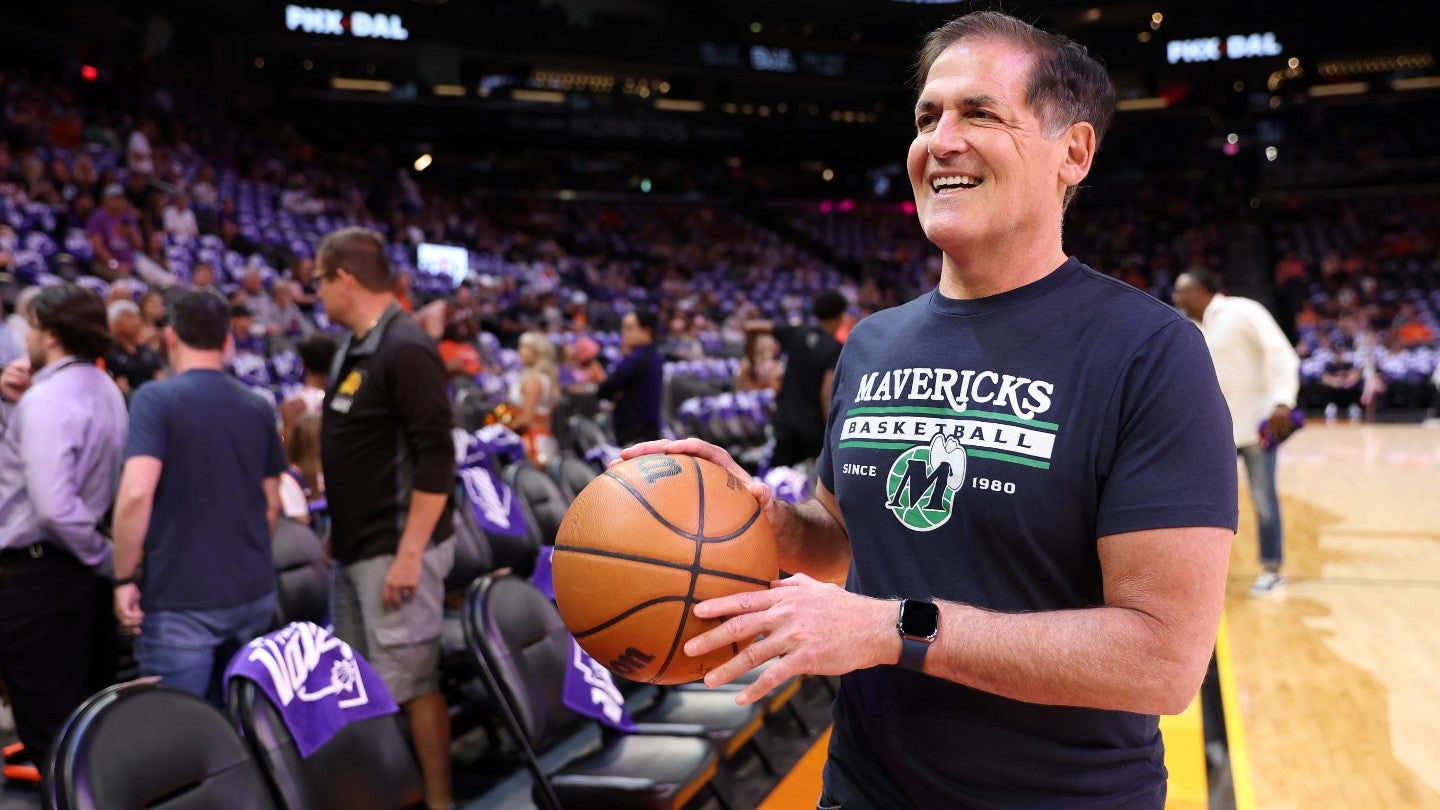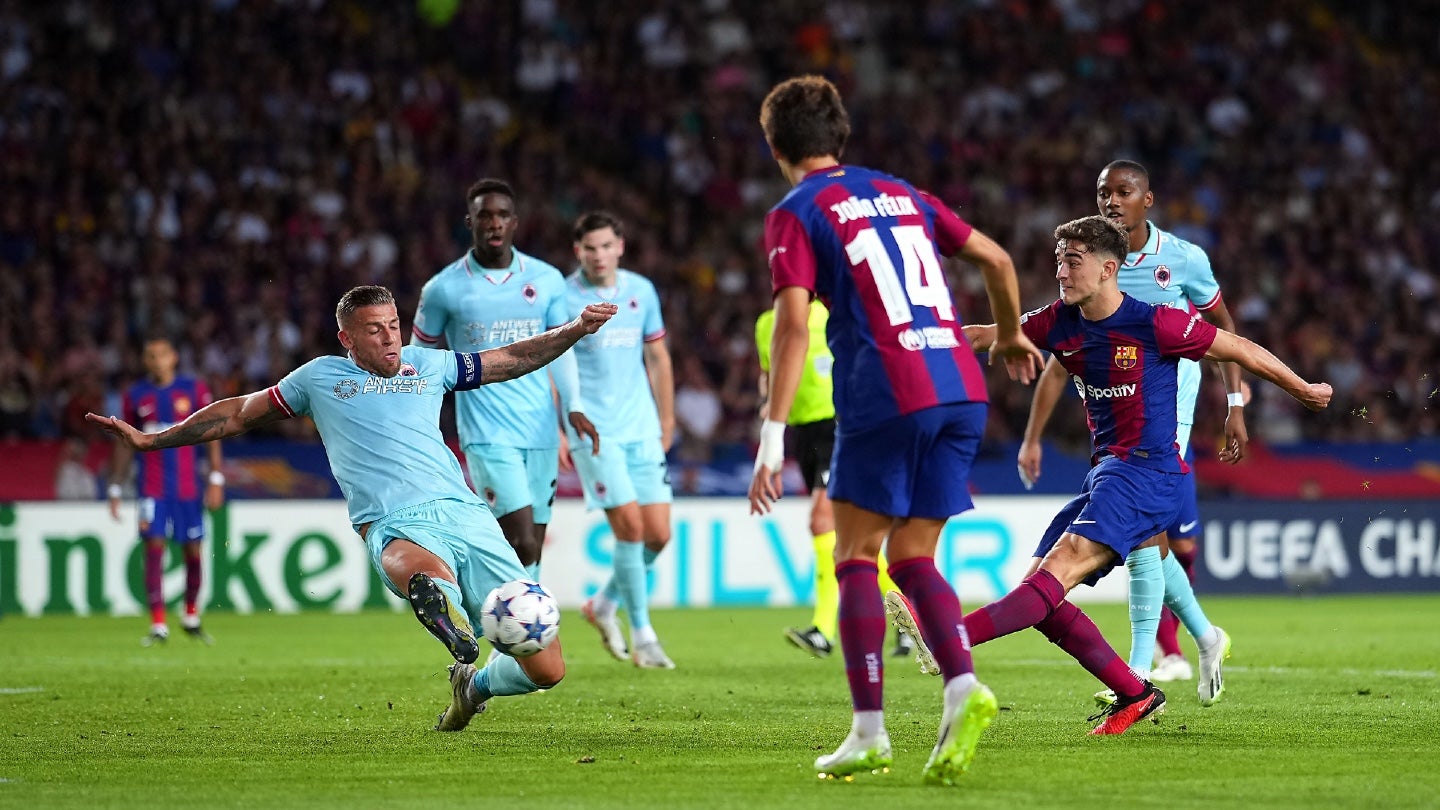A new, club-owned organization will run top-tier women’s soccer in England from the 2024-25 season, it has been agreed.
The decision was unveiled yesterday (November 28) after the 24 clubs across the Women’s Super League (WSL) top division and the Women’s Championship second tier unanimously came together to agree on the creation of a new structure that has been provisionally called NewCo (a working title at this stage).
That company, when it is formally established, will take control of the two divisions, both of which are currently run by the Football Association (FA) body. Each club in the top two tiers will become a shareholder, and former Nike executive and investment banker Nikki Doucet will be the firm’s first chief executive.
The FA has run the 12-team WSL since the league first launched 13 years ago, but a takeover has been in the works for some time now - the FA unveiled in 2018 that it did not want to run the WSL as a long-term commitment and that it would welcome proposals as to the creation of an alternative governance structure. It has also run the Women’s Championship since 2014.
All 24 clubs across the top two divisions have backed the new structure, after the FA formed a working group of 10 chief executives in February, from clubs across the WSL and Women’s Championship.
Doucet, who was initially appointed as a consultant to lead the takeover discussions, will start her role immediately. She has gathered feedback from players within both leagues and has also met with representatives from the Professional Footballers Association.
She said: "This is an incredibly exciting time for women's soccer. Having already worked with the clubs and the FA for a number of months, I've been incredibly encouraged by the collective desire and shared ambition to make our leagues the most distinctive, competitive, and entertaining women's club competitions in the world.”
Doucet is described by the FA as having “over 20 years’ experience in the sport and financial sectors,” and “extensive knowledge across business management, commercial, marketing, and product management.”
She spent eight years at Nike between 2013 and 20121, leaving as the general manager for Nike Women in the UK and Ireland.
Before that, she held senior positions at the Citi financial services institution and at Blott Asset Management.
Sue Campbell, the FA’s director of women’s soccer, added: "The women's professional game is in the strongest place that it has ever been thanks to the hard work of everybody involved in its development so far, but we firmly believe that the NewCo will take it to another level entirely.”
English women’s soccer has boomed in terms of in-stadia attendance, broadcast viewership, and commercial success in recent years. The national team won the European Championships on home soil in 2021 and reached the final of the FIFA Women’s World Cup earlier this year, while its club sides are now becoming more competitive in the pan-continental UEFA Champions League.
In terms of attendance, the first weekend of the 2022-23 WSL season saw a new record set for the league, as 54,115 saw Arsenal take on Liverpool at the Emirates Stadium in North London.
The WSL title sponsor, in a deal running through 2025, is UK bank Barclays.
Its domestic broadcast partners, meanwhile, are the public-service BBC and pay-TV heavyweight Sky Sports.


